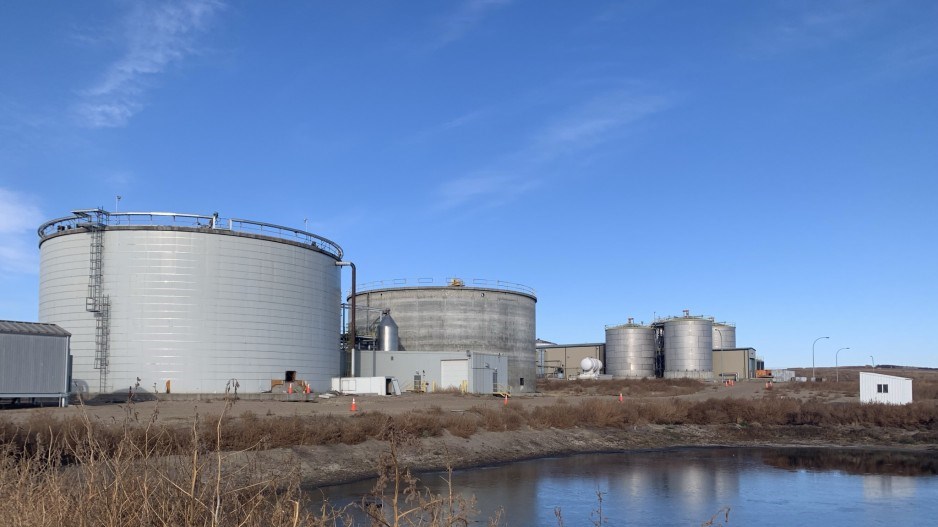Pacific Northern Gas, which supplies natural gas to homes and businesses in northern B.C., has inked a deal with ATCO in Alberta to supply it with renewable natural gas (RNG).
Chemically, RNG is no different than fossil natural gas – it's basically methane -- except that it is made from organic sources, making it renewable. It is the home heating equivalent of the biofuels added to gasoline and diesel to lower its carbon content.
Customers of FortisBC already can opt to pay a premium to buy RNG, and the utility’s plan is to achieve a 30% reduction in its customers’ greenhouse gas profile by 2030, mostly by increasing the amount of RNG injected into its system.
Earlier this week, FortisBC announced three new projects that will add to FortisBC's RNG supply by 800,000 gigajoules. The three new sources will be from food waste from EverGen’s Net Zero Waste Project in Abbotsford, agricultural waste from Faromor CNG Corp., in Ontario and wastewater operations collected from Shell Energy North America in Iowa.
Now Pacific Northern Gas (PNG) also plans to inject RNG into its system. It has signed a 15-year supply agreement with ATCO Future Fuel RNG Limited Partnership to supply up to 230,000 gigajoules per year of RNG from ATCO's new Two Hills RNG plant near Vegreville, Alberta. The plant makes RNG from agricultural and municipal organic waste.
The annual RNG supply is enough to provide space and water heating for 2,300 homes, PNG said in a press release. The company estimates that would reduce the CO2 emissions intensity of its gas by 20,000 tonnes of CO2 per year.
PNG serves 42,000 residential, commercial and industrial customers in B.C., from Prince Rupert to Fort St. John.
“Our goal is to shrink our environmental footprint while continuing to deliver safe, reliable energy,” PNG president Leigh Ann Shoji-Lee said in a news release.
“Our new, renewable energy option is part of our commitment to operating sustainably for the benefit of the environment and the communities where our customers and employees live and work.”
Since RNG is more costly to produce than regular natural gas, FortisBC charges a premium for it, paid on a voluntary basis by customers who want to reduce their carbon footprints.
It’s not clear whether PNG will also charge a premium.




